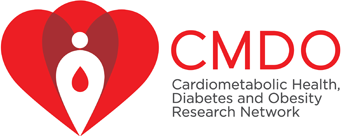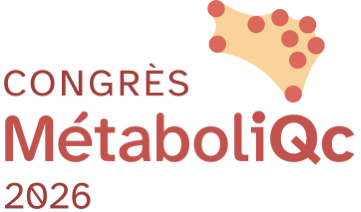Successfully promoting physical activity in primary care: a co-construction workshop integrating expertise and experience
Final workshop report (December 5–6, 2023, at the Hôtel Montfort, Nicolet, Quebec)
Executive Summary
On December 5th and 6th, 2023, the CMDO Research Network of the FRQS held an interactive workshop at the Hôtel Montfort in Nicolet, Québec, a central meeting point for participants traveling from Montreal, Trois-Rivières, Quebec City, and Sherbrooke. The workshop was led by Dr. Tracie Barnett and facilitated by Raissa Marks. The event was made possible with the financial support from the CMDO and CIHR. Following the style of deliberative dialogues, a group of 37 participants including patient partners, clinicians (kinesiologists, physicians, nurses, psychologists) and researchers with a vested interest in physical activity promotion convened. The overall goal was to gather input and consolidate the knowledge and experiences of various users of Québec’s health system to inform the development of a personalized physical activity intervention to be delivered or coordinated in primary care settings. The workshop itinerary was spread across two days. On Day 1, eight speakers addressed several themes, including the burden of physical inactivity, and the promise of physical activity promotion; patient and clinician perspectives on physical activity promotion within primary care settings; evidence and best practices for physical activity promotion within primary care settings; and an overview of the relevant behaviour change theories, frameworks, and motivational communication techniques for physical activity promotion and behaviour change. Following the presentations, on Day 2, participants took part in small group “brainstorming” sessions, discussions, and plenaries, to propose solutions to various challenges, including identifying patients to be targeted; reaching and mobilizing patients; reaching more marginalized populations; improving adherence (both from patients and clinicians); and which (individual or contextual) factors should be evaluated.
Main points of agreement :
1. Factors including social support, motivation, accessibility, and physical activity history are likely to help determine if a patient is a promising candidate for physical activity counseling in primary care, and could be approached.
2. Patients’ sociodemographic, behavioural and medical characteristics, social ties, relationship with their healthcare provider (duration, quality), may impact their likelihood to volunteer or request physical activity counseling.
3. Financial and human resources, physician training and personalization of physical activity counseling can support efforts at reaching and mobilizing targeted individuals.
4. The co-construction of a culturally safe intervention which can be tailored to individual and community needs could help reach structurally disadvantaged populations.
5. Strategies for self-monitoring of behaviour, monitoring of behaviour by providers, patient education, social support, accessibility, and intervention personalization could increase the likelihood that patients adhere to their physical activity “prescription”.
6. Physical activity counseling can be made feasible for primary care providers by ensuring support of the healthcare team, offering provider training, limiting the impact on workload, and establishing clearly delineated responsibilities for the patient and all members of the care team.
The CMDO has funded a $50,000 research project to apply the results of this workshop to the healthcare system. Results to come.





















